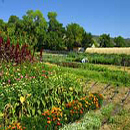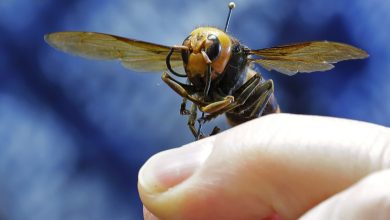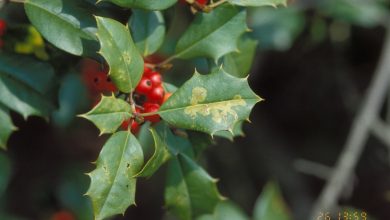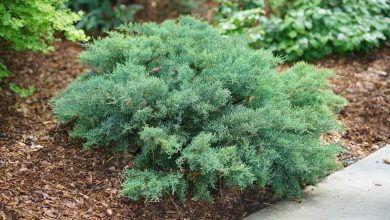What is the Conversion Period to organic production?

The conversion period in organic farming is the period of time that must elapse from when the operator registers with an authorized control body, until he can sell his products as organic. It begins to count from the moment of registration in the control body and is established in accordance with the applicable regulations.
This temporary period guarantees the consumer the absence of residues of synthetic chemical products in food. The conversion period will depend on its historical management and the type of crop to be produced and will be:
- Annual and herbaceous crops: 2 years before sowing or transplanting the crop to be harvested as organic.
- Meadows: 2 years before exploitation for grass, hay or silage as organic.
- Perennial or perennial crops other than meadows (fruit trees, vineyards, …): three years before the first organic harvest.
When does the conversion period start?
The conversion period will begin, at the earliest, when the operator notifies its activity to the competent authorities and submits its operation to the control regime in accordance with Regulation (EC) No. 834/2007 and Regulation (EC) No. 889/2008 , on production and labeling of organic products.
Olive grove conversion calculation example:
If the harvest is usually carried out in the month of November and the conversion begins in October 2010, the first harvest that can be marketed as organic will be in November 2013.
However, if the registration in the control body is done just two months later, that is, in December 2010, the harvest will not be marketed as an organic product until December 2014.
 During the conversion period, all the rules established in the Regulation will apply. It is a dynamic and progressive process during which the agroecosystem adjusts to a new balance in its biotic and abiotic components, under a new framework of environmental, economic and social relations.
During the conversion period, all the rules established in the Regulation will apply. It is a dynamic and progressive process during which the agroecosystem adjusts to a new balance in its biotic and abiotic components, under a new framework of environmental, economic and social relations.
This is a period of adaptation from the conventional production method to the organic one. During this «transition process», management techniques are adopted in accordance with the principles of the organic production method. It is also a period of adaptation of the farmer to this model of understanding agriculture.
If after the conversion period residues are still detected in the soil or plants , this conversion period can be extended. Likewise, in certain cases, the responsible certifying body may decide to retroactively recognize a previous period as part of the conversion period, provided that sufficient evidence is provided to show that the favorable conditions were met for a minimum period of three years.
Once the certificate is issued, it is renewed every year with the annual visit of the inspector. The inspector goes to the farm and / or facilities under inspection and checks the production process, evaluates the system used by the farmer to ensure compliance with the requirements, performs a visual inspection of all parts of the farm or industry and takes a sample. At the end, it reflects the result by preparing an inspection report, taking samples and non-conformities. Said report is sent to the Certification Commission, a collegiate body that decides and issues a decision on certification.
When can the obtained productions be marketed as organic?
During this transition period, the productions obtained cannot be marketed as organic. During the first year of conversion , the producer will not be able to sell his products as organic. After the first year, the product will have the “ Conversion to organic farming ” stamp . Once the conversion period has passed, the product can be marketed as organic, including its corresponding certification seal.




![Photo of Prune a Lavender: [Dates, Tools and Ways to Do It]](https://www.complete-gardening.com/wp-content/uploads/2022/08/prune-a-lavender-dates-tools-and-ways-to-do-it-390x220.jpg)